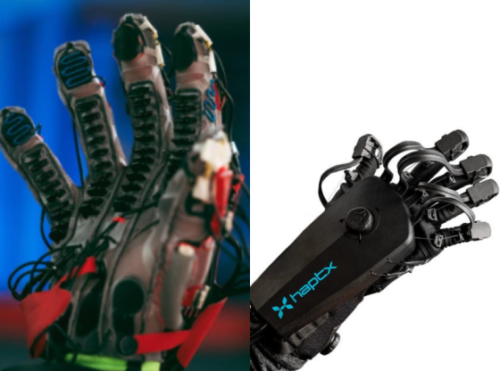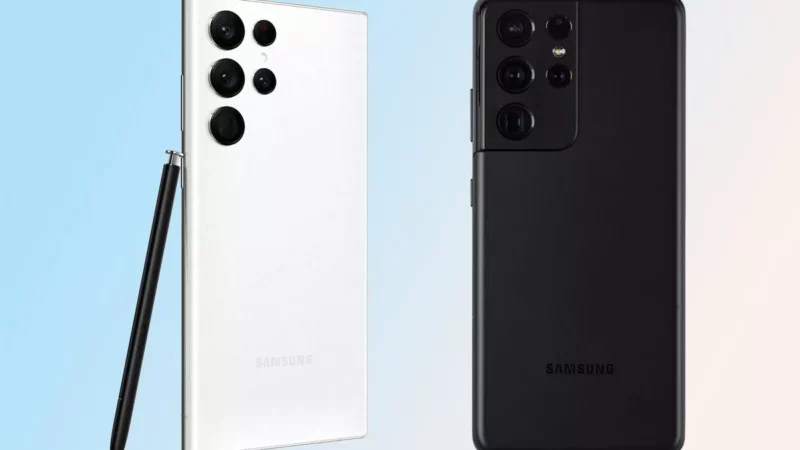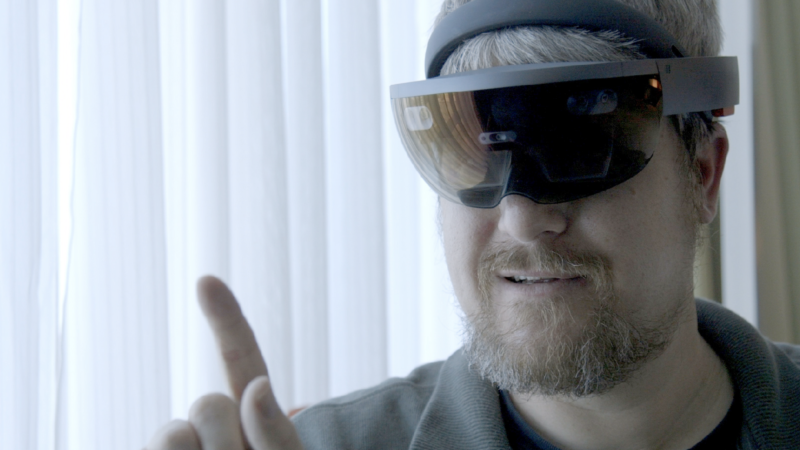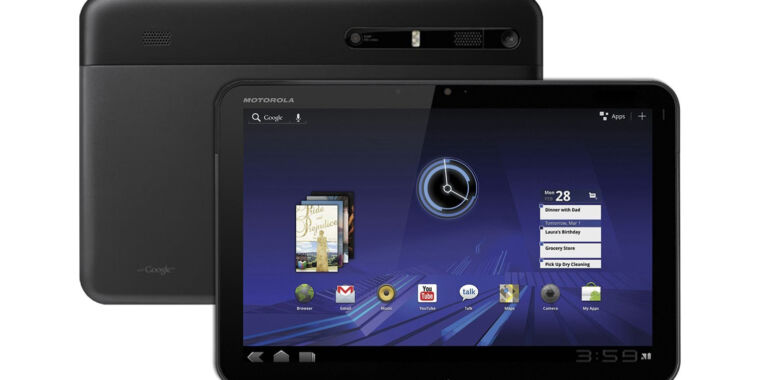Meta duplicated its licensed plan for haptic glove, HaptX says

Facebook, errr Meta, flaunted another model haptic input glove yesterday, which they nitty gritty could ultimately bring another age of AR/VR clients closer than ever to computerized content.
Today, a VR startup with that equivalent mission called HaptX (which we’ve covered here previously) delivered a genuinely forceful assertion blaming Meta for flaunting a model that was “meaningfully indistinguishable” to their own protected innovation.
The assertion from HaptX CEO Jake Rubin further itemized that his startup has flaunted their innovation over the course of the years to “many designers, analysts, and chiefs from Meta,” and that they were not counseled by the organization on this most recent task.
“While we have not yet heard from Meta, we anticipate working with them to arrive at a reasonable and impartial course of action that tends to our interests and empowers them to join our creative innovation into their future shopper items,” Rubin notes.
Haptics organization HaptX claims Meta (once in the past Facebook) replicated its licensed plans in a glove that the tech monster uncovered yesterday. HaptX a long-lasting player in the virtual and expanded reality industry says portions of the glove show up “meaningfully indistinguishable” to its own work utilizing pneumatics to recreate actual touch.
“We invite interest and rivalry in the field of microfluidic haptics; be that as it may, contest should be reasonable for the business to flourish,” said HaptX author and CEO Jake Rubin in an assertion.
Both HaptX and the as of late divulged Meta model utilize an innovation called microfluidic criticism. While your telephone or game regulator have haptic input that utilizes little engines to reproduce humming or thundering, with regards to reenacting further sensations across a client’s whole hand, microfludic criticism act diversely utilizing actuators that control wind current through an organization of cylinders in a manner that can adroitly copy sensations related with getting objects or in any event, feeling remarkable surfaces that are totally delivered carefully.
The Meta glove is an in-progress plan that will not be marketed for quite a long time, if at any point. Be that as it may, Meta Reality Labs a VR-and AR-centered examination division accepts contact is an essential piece of future purchaser centered VR/AR frameworks.
The glove utilizes inflatable elastic cushions and a refined control framework to cause a buzz of tension or opposition when clients contact virtual items. HaptX fostered a comparative expansion based framework that it offers to proficient customers rather than shoppers.
HaptX, earlier known as AxonVR, appeared openly in 2016 following four years in covertness mode. Meta analysts say they fostered their first glove model in mid-2015, not long after the tech monster procured VR startup Oculus.
Nonetheless, Meta has considerably developed its underlying model, and HaptX claims the two organizations have had broadened collaborations. “Throughout the long term, we’ve facilitated many designers, analysts, and chiefs from Meta to exhibit our historic haptic innovation,” said Rubin.
Facebook has additionally exhibited various AR/VR models over the course of the years displaying complex innovations that regularly don’t wind up advancing toward the end results yet test the forefront of a specific innovation.
HaptX has been building haptic-criticism gloves for big business customers for quite a long time scaling down the tech that has required a knapsack measured pneumatic box that deals with the tangible input of the gloves. It’s as yet an extremely convoluted innovation that is most likely numerous long stretches of improvement away from arriving at the very standard crowd that Facebook, presently Meta, has been seeking after with the Quest 2.
Obviously Meta’s group has additionally made some considerable advances to the innovation. In their exploration blog entry, Meta nitty gritty that they had made “the world’s first fast microfluidic processor,” a chipset in the glove that controls these input controls.
One of the organization’s analysts nitty gritty that “he will probably design delicate, lightweight haptic gloves that address the two sides of the AR/VR communication issue assisting the PC with precisely understanding and mirror the wearer’s hand developments, and duplicating a scope of complex, nuanced sensations for the wearer like strain, surface, and vibration to make the impact of feeling a virtual item with your hands.”
Disclaimer: The views, suggestions, and opinions expressed here are the sole responsibility of the experts. No Money Virtuo journalist was involved in the writing and production of this article.






